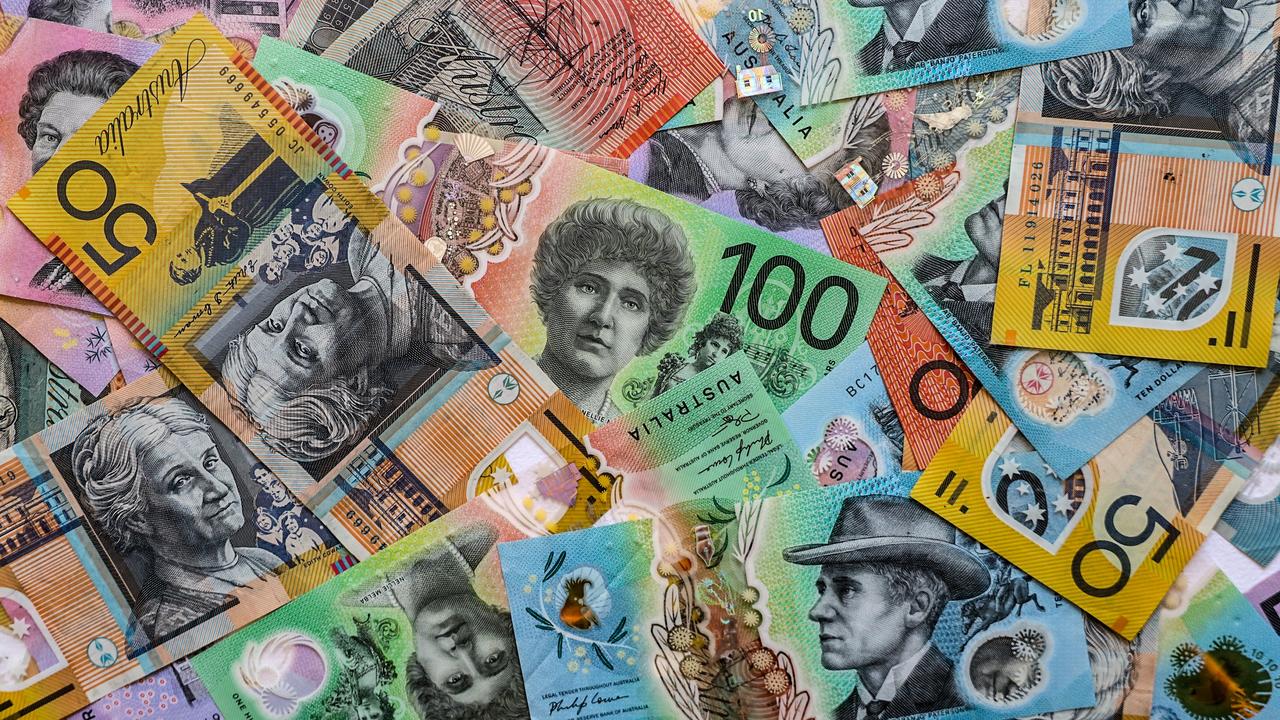Crocodile Hunter Steve Irwin lost his Australian of the Year over a croc-feeding controversy, Lisa Curry reveals
Much-loved wildlife expert Steve Irwin was named Australian of the Year but the decision was overturned over a last-minute controversy, former Olympian Lisa Curry reveals in her memoir.
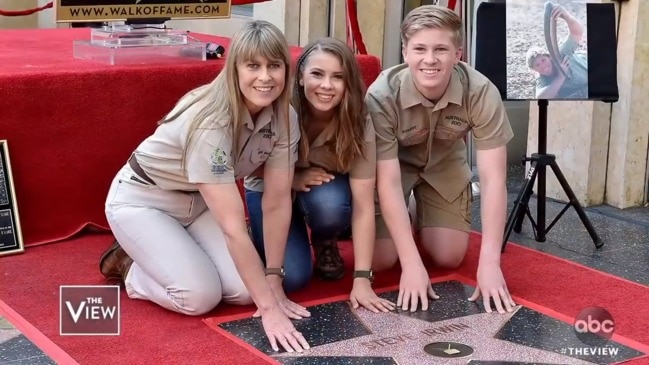
National
Don't miss out on the headlines from National. Followed categories will be added to My News.
Crocodile Hunter Steve Irwin was named Australian of the Year – but the decision was overturned at the 11th hour and the honour handed to cricketer Steve Waugh.
Former Olympian Lisa Curry has dropped the bombshell revelation in her memoir, saying Mr Irwin was the first choice for Australia’s most prestigious honour in 2004.
However, the National Australia Day Council, which at the time was chaired by Ms Curry, was spooked by public uproar after Mr Irwin held his then-baby son Robert while feeding a crocodile at his Australia Zoo.
Believing Mr Irwin could nominate again in a few years’ time, the decision was made to ask the internationally-renowned TV host and wildlife expert to withdraw his nomination.
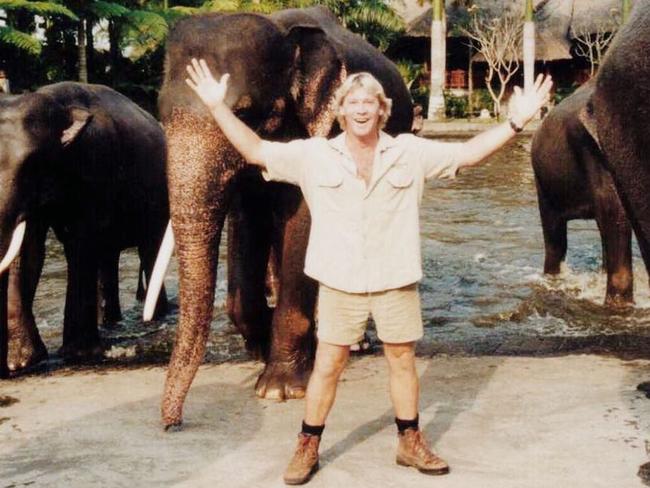
The award was then handed to former Australian international cricket captain Steve Waugh.
Mr Irwin was killed two years later by a stingray, and was never able to renominate.
Ms Curry told News Corp she would have made a different decision today.
“It was such a shemozzle that should never have happened,’’ she said.
“Today, I would have just said ‘no, we are going ahead with it’.
“Sometimes you do things to please people, to please the media or the public, and these days I’d go ‘No. This is what we are doing. The person deserves it and it’s going to stand.
“If I had my way now I’d posthumously give him the award.’’
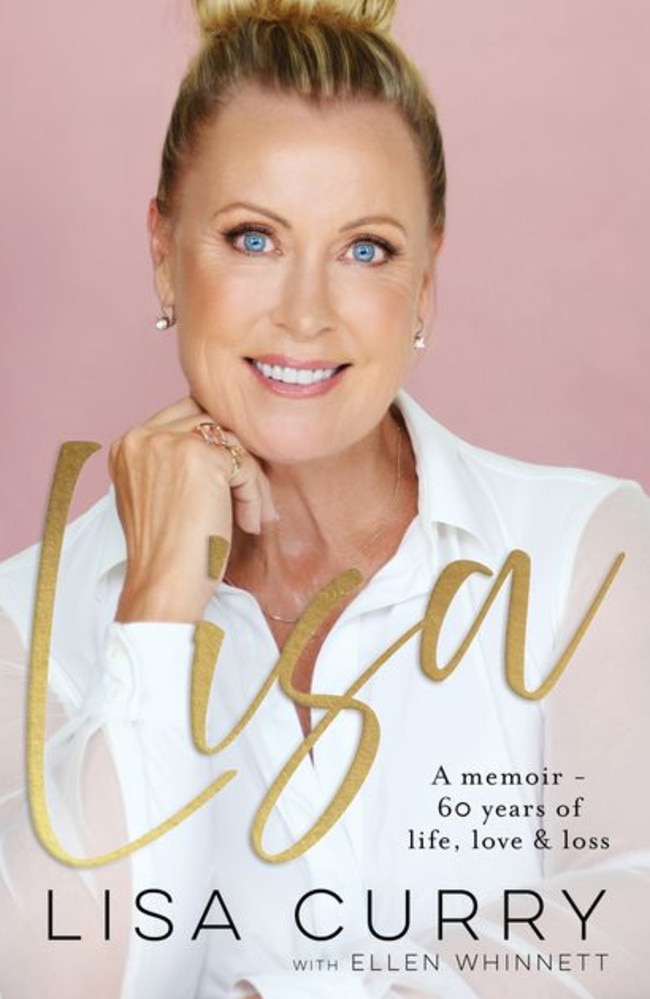
In her memoir Lisa: 60 years of Love, Life & Loss, Ms Curry opens up about her life as a triple Olympian, her spectacular successes at the Brisbane and Auckland Commonwealth Games, making an Olympic comeback at the age of 30 with two children, and her marriage to, and divorce from, ironman Grant Kenny.
She also speaks about the death of her daughter Jaimi at the age of 33 after years of mental illness, including eating disorders and alcohol abuse, and how she struggled to find her way out of the dark clouds of grief which descended on her when her daughter died.
And she has detailed some never-before-told stories about her remarkable life and career, including the crisis which erupted when Mr Irwin was filmed holding Robert in a crocodile pen in January 2004.
It happened halfway through her eight-year tenure as chair of the National Australia Day Council. She had been appointed to the role by then-prime minister John Howard in 2000.
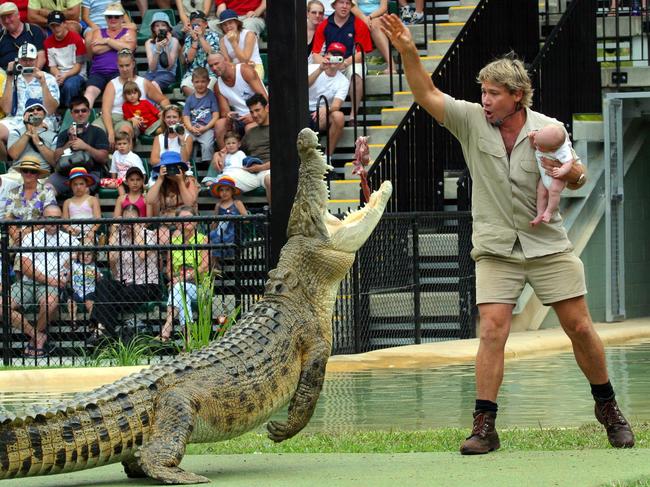
“In 2004, the candidates were presented to the board and, to me, wildlife expert Steve Irwin was a no-brainer to win. He had done so much for wildlife and the environment, bringing these issues in front of the Australian public through his television shows and with the sheer force of his personality,’’ she writes.
“That was the beauty of what Steve Irwin did and how he made you feel: he brought you into the TV with him. A bit like a younger David Attenborough.
“In those days, all the nominations arrived by mail, and one of the letters we received was from a young girl who hoped that Steve Irwin would win Australian of the Year before he got eaten by a crocodile. This letter was read out at a board meeting and we had a bit of a chuckle over it at the time, with no idea that Steve would, just two years later, lose his life in tragic circumstances, doing what he loved.
“The board and I voted for Steve Irwin as 2004 Australian of the Year.
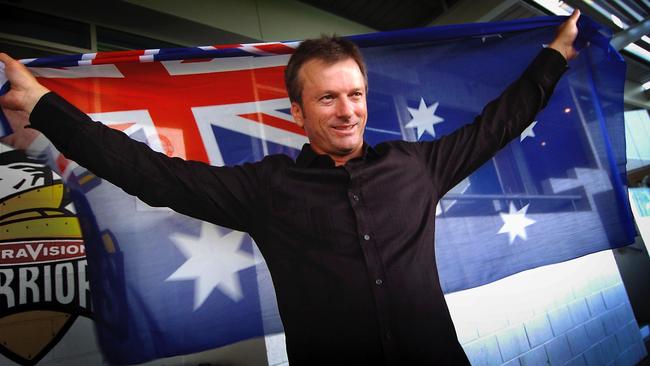
“And then in early January, just before the awards were announced, Steve was filmed holding his infant son, Robert, while he was feeding a crocodile during a show at Australia Zoo.
“Unfortunately, the Australian public and the media crucified him: ‘How could you do that? You’re putting your child in danger!’ He was widely condemned and virtually ostracised.
“But Steve’s confidence with his children and his expertise was obvious. Grant used to take our babies on a surfboard and catch waves with them; an experienced parent and expert in their field knows what they’re doing, and Steve would never have put his child in danger. But the backlash from the media was so great that we had to revisit whether Steve should win or not.’’
Ms Curry recalled that, as chair of the board, she had already called Mr Irwin and told him he had been chosen for the top honour. Later, Warren Pearson, the chief executive of the Council, had to call Mr Irwin and give him the bad news.
“Steve was aware that he’d won because, in those days, it was my job to ring the recipients and let them know,’’ she writes.
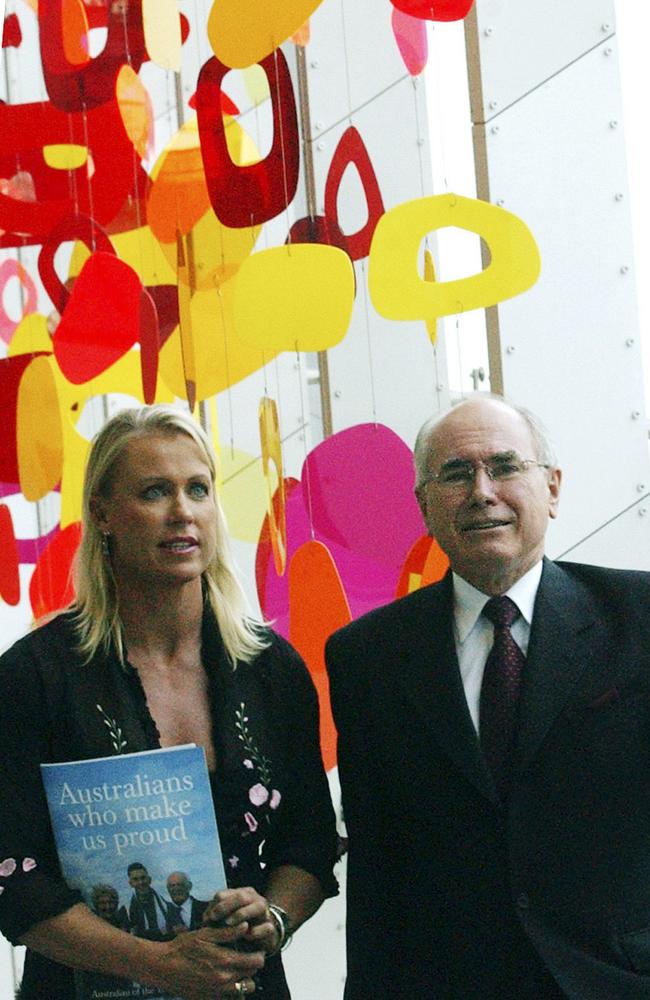
“Just before the Australian of the Year awards ceremony, we went away as a family on our annual holiday to the USA. The PM wasn’t particularly happy with me because he wanted me at the awards presentation. We had decided to go away because, at that point, our 16-year-old Jaimi was not in a good place; she was starting to show signs of self-harm and being mentally unwell.
“I had to tell John Howard: ‘I can’t be there; our daughter is really unwell and we basically can’t let her out of our sight.’ I couldn’t put off this family holiday. The PM was very understanding.
“I knew it was bad timing, but I had complete faith that everything would run smoothly at the awards.
“Then came the late-night phone call about Steve Irwin, now at the centre of a media storm.
“It was so hard to make a decision to take away somebody’s award, which they’d won fair and square. Warren was beside himself, saying, ‘No, no, no!’ because he really wanted Steve to win it, as we all did.
“After speaking with Steve, it was agreed he would withdraw his nomination. He could renominate another year. Steve Waugh ended up winning it that year and he was a very good Australian of the Year for 2004. I don’t know whether he knew that Steve Irwin had been the first choice.’’
Mr Irwin and his wife Terri had shot to international fame in the late ‘90s with their wildlife documentary show The Crocodile Hunter, which was viewed across the globe.
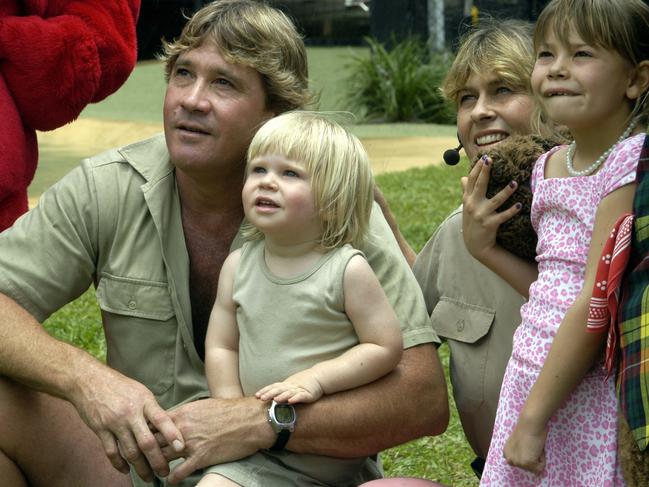
Mr Irwin, who had grown up on his family’s reptile park in Queensland’s Sunshine Coast hinterland, became a national icon due to his engaging personality, daring exploits with dangerous animals, and his “crikey’’ catchcry.
He was killed at the age of 44 by a stingray while filming tiger sharks at the Great Barrier Reef in September 2006.
Terri, and their now adult children Bindi and Robert, continue to run the family’s zoo.
It had never before been known that Mr Irwin had been chosen for Australia’s highest honour. He was the Queensland Australian of the Year recipient in 2004, an award that was not revoked.
Mr Curry recalled that she was honoured and nervous when Mr Howard first appointed her to chair the National Australia Day Council board.
She said it was “humbling’’ to hear the winners’ stories, as they had all done amazing things for their communities and their country.
“For them to be acknowledged was wonderful and it made them feel great. It was their version of the Olympic dais, and no-one could take that moment of glory away from them,’’ she writes.
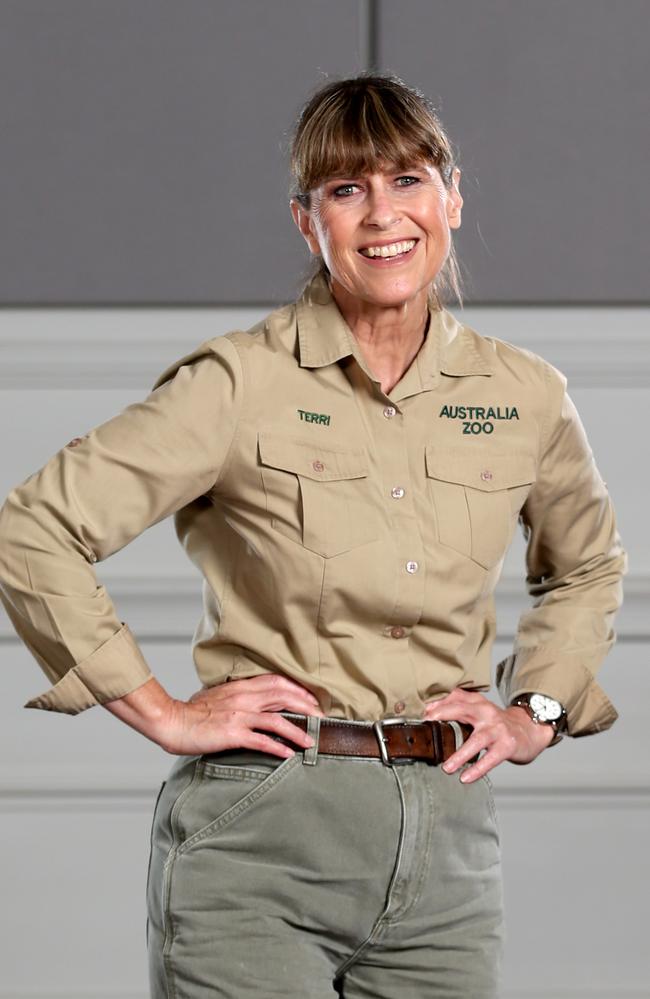
“Except poor Steve Irwin; we took it away from him, although he was still a finalist and he remained the Queensland state winner. But we were never able to make it up to him, because we lost him too soon.
“I want his family to know that he was, and always will be, a worthy recipient of that award.
“We assumed Steve would reapply and we would have the chance to consider him as a potential winner again when the controversy had settled down. If someone deserves to be the winner, then they deserve it. Fiona Wood, the burns specialist from Western Australia who did so much to help the victims of the Bali bombings, renominated, and won in 2005.
“I still remember when I heard that Steve had passed away. We were on our twentieth wedding anniversary cruise, near Tahiti, and some people behind me had heard it on the news, or got a message. I overheard them saying, ‘Steve Irwin’s died!’
“I turned around and said, ‘What?’ and they said, ‘Yeah, Steve Irwin’s passed away.’ I asked what happened. They said they didn’t know; it had only just happened. I ran to Grant and told him, then he rang someone and found out the details.
“You know, you always remember where you were when famous people died. That was just so horrible, so sad. It was such a big loss to the country and, of course, to his family.’’
Lisa: A memoir – 60 years of life, love & loss by Lisa Curry with Ellen Whinnett will be published by HarperCollins on 2 May 2022 and is available for pre-order from Booktopia now.
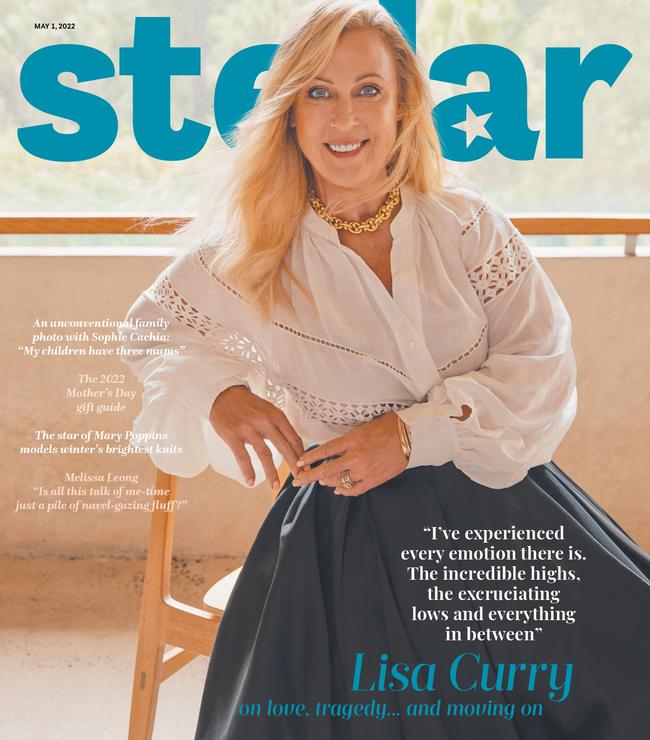
Originally published as Crocodile Hunter Steve Irwin lost his Australian of the Year over a croc-feeding controversy, Lisa Curry reveals



